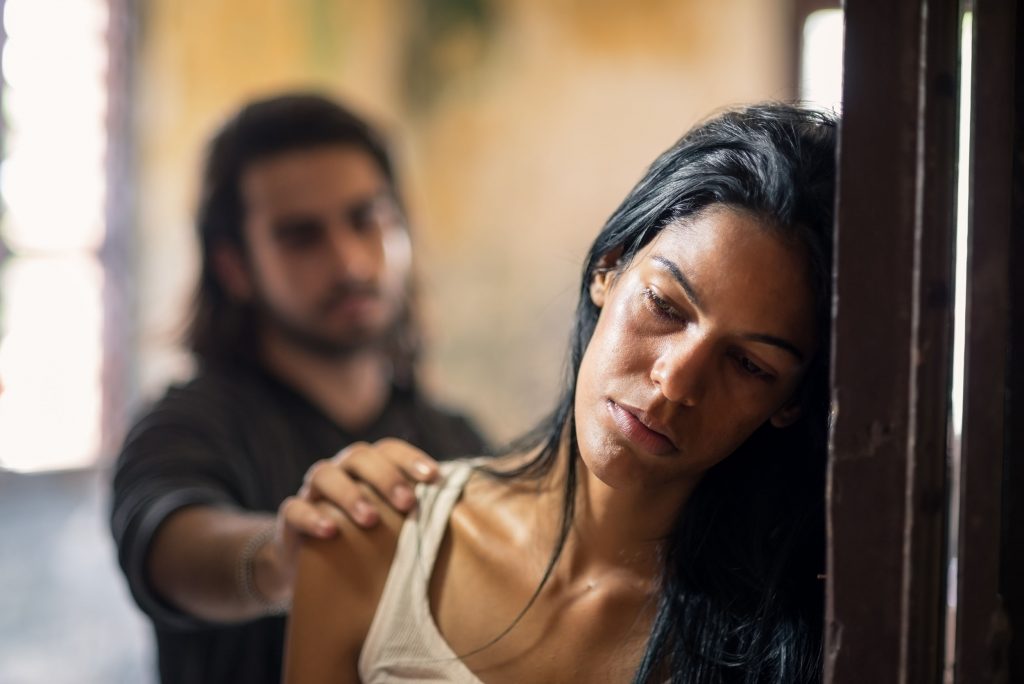Every year on June 19th, the International Day for the Elimination of Sexual Violence in Conflict raises awareness for conflict-related sexual violence. The day also honors the victims and survivors of sexual violence around the world.
The United Nations defines conflict-related sexual violence as any of the following acts:
- Rape
- Sexual slavery
- Forced prostitution
- Forced pregnancy
- Trafficking
- Forced abortion
- Forced marriage
- Enforced sterilization
Women and girls are not the only victims of conflict-related sexual violence. Men and boys are also subject to it as well. Unfortunately, many survivors of this type of sexual violence do not come forward. This is primarily due to fear and cultural stigmas. When the survivors do not come forward, justice does not get served. It also allows the perpetrators to repeat their violent acts.
The exact number of victims of conflict-related sexual violence is unknown. This is because of the lack of victims coming forward. It’s also because it is very difficult to gather information. In the country of Mali, there were death threats made against humanitarian workers gathering data. There are 19 countries where the most conflict-related sexual violence occurs. These countries include Afghanistan, Central African Republic, Iraq, Nigeria, Somalia, South Sudan, and Liberia.
Each year the United Nations Secretary-General produces a report on conflict-related sexual violence. The report contains specific recommendations for countries where this type of violence is prevalent. These recommendations include fostering a survivor-centered and holistic concept of justice, strengthening preventive measures, and strengthening services for survivors.
International Day For The Elimination Of Sexual Violence In Conflict History
On June 19th, 2015, the United Nations General Assembly proclaimed June 19th the International Day for the Elimination of Sexual Violence in Conflict. They chose June 19th to commemorate the adoption of the Security Council Resolution. The Resolution was adopted in 2008. The Council condemned sexual violence as a weapon of war and an obstruction to peace.


